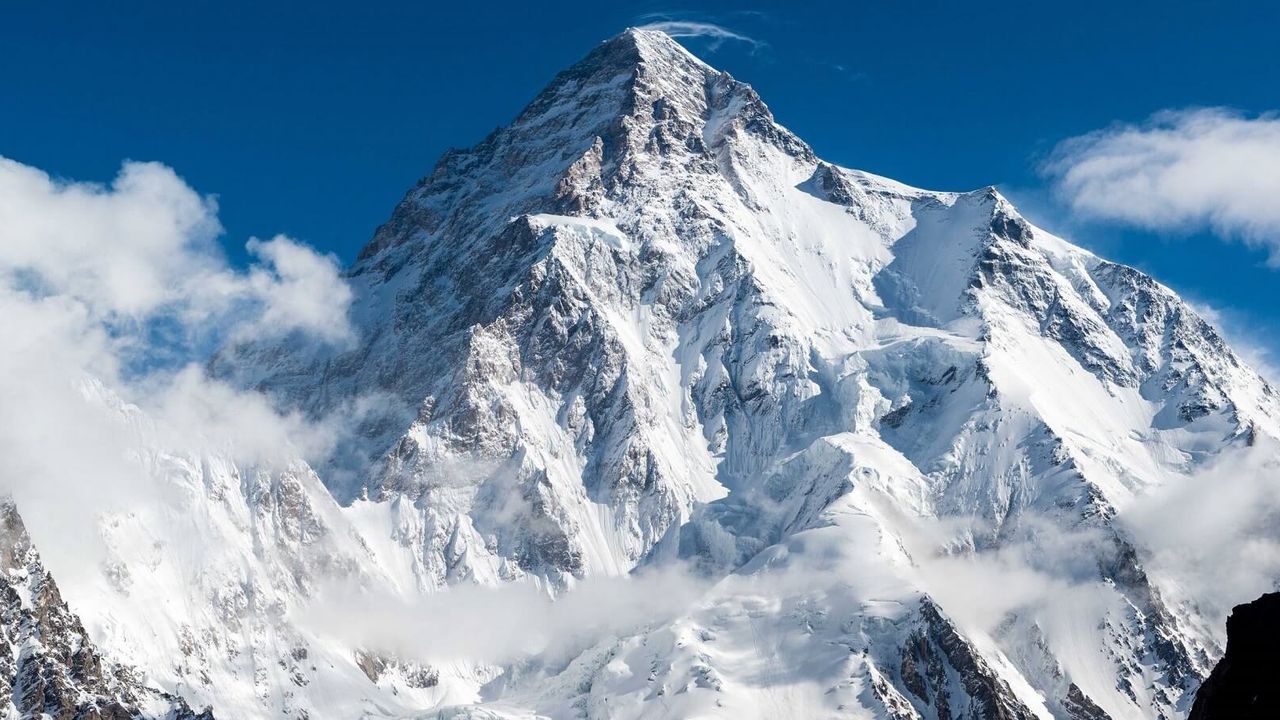Research on the Guliya Glacier on the Tibetan Plateau in the Himalayan Mountains has discovered more than 1700 virus species, most of which were previously unknown. These viruses were found to have been stored in the permafrost for about 41 thousand years. The concern that these viruses could thaw and pose a threat to humans due to global warming has started to be discussed in the scientific world.
Researchers state that the vast majority of these viruses infect bacteria, not humans. The study examined how viruses respond to different climatic conditions and how they change over time. This research offers important insights into how viruses have adapted to past climate changes.
Lead author ZhiPing Zhong from Ohio State University emphasized that these studies can improve our understanding of viral adaptation in the context of ongoing global climate change. The research draws attention to the relationship between climate change and virus development, especially with virus assemblages from 11,500 years ago, when the Last Ice Age ended.
Although experts say that the potential for these viruses found in permafrost to cause pandemics is low, the evolution of new viruses is of greater concern than the re-emergence of old viruses.
1700 new virus species discovered in the Himalaya
More than 1700 new virus species found in Himalayan glaciers could pose a potential threat to humanity as they dissolve under the influence of global warming.
Editor: John Wickey
Comments
Trending news

Monkeypox Virus: Rising Case Numbers and Increased Risk for Children

Aaron Rodgers’ Comeback Takes a Nosedive as He’s Forced Out of First Game Back with New York Jets

Poll Unveils Independent Voters' Reactions to Trump and Harris Following Recent Debate

Swing State Voters Make a Surprising Call: Focus Group's Debate Top Pick Signals a Game-Changer for 2024

Russell Wilson Benched: The Broncos' New Game Plan is Clearly Self-Destruction
Terrifying details in the death of the Swiss woman: She dismembered and mashed the body









